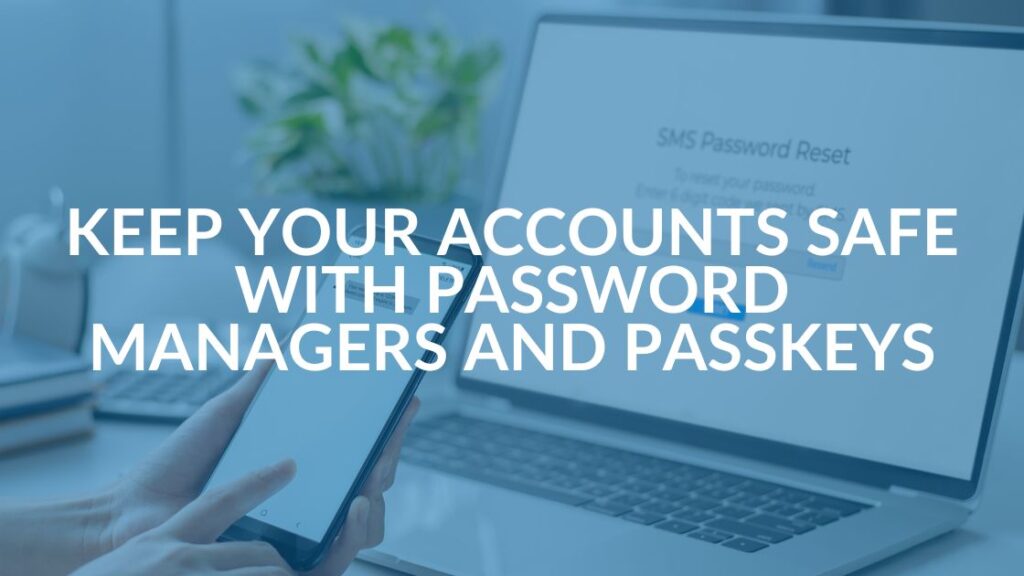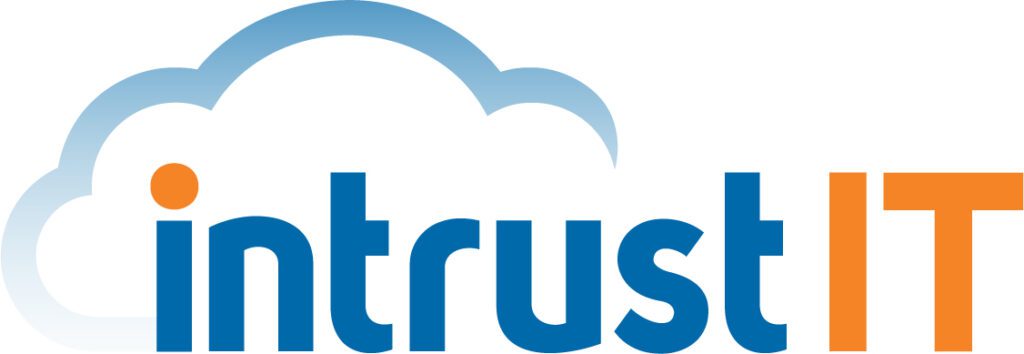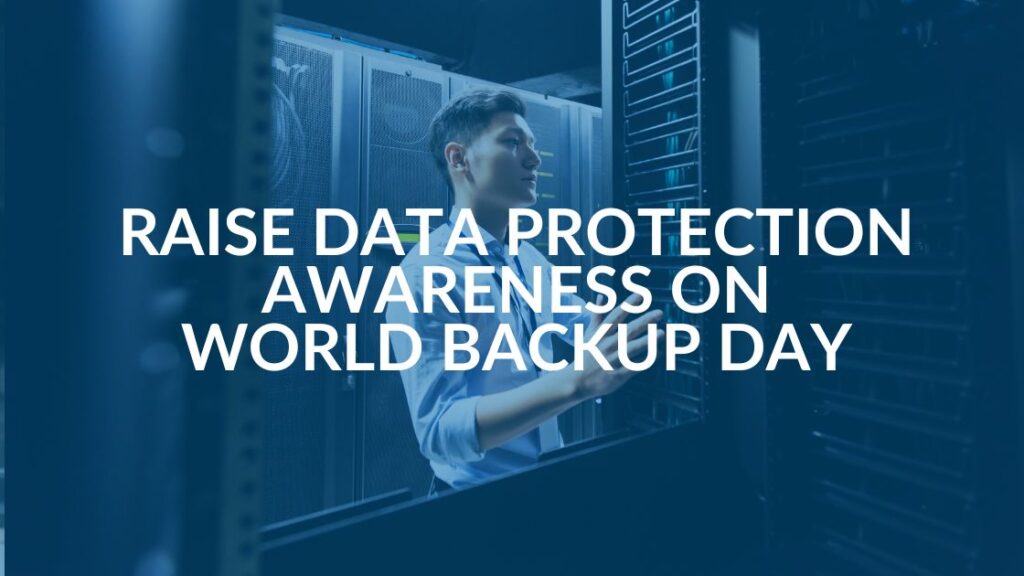NSA and CISA Publish Ad Blocker Recommendations

Ad blockers protect those who use them from ads that could potentially hack their devices and access their sensitive information. Even federal organizations like the NSA and U.S. Intelligence Community agencies like the FBI, DEA, DHS and DoD utilize ad blockers similarly. The NSA and CISA published their ad blocker recommendations and why ad-blocking technology is necessary as well as information about the threat of the collection and sale of online data.
How Do Ad Blockers Protect You?
Ad providers monitor online movement to target their ads to certain demographics through something called “real-time bidding.” When you search for something online, companies are bidding on whether their ad will win a spot in your browsing session or app. Even if a company doesn’t win a bid, they are still able to gather data known as “bidstream data.” Hackers can gain access to information from devices and people, sometimes including their physical location, IP address and device type. This information is then sold to essentially anyone with access to a credit card. According to the CISA’s guide on ad blockers, “Ad-blocking software prevents advertisements from displaying or removes different types of ads (e.g., pop-ups, banner ads) when a user visits a website or uses an application.”
Also according to CISA’s ad-blocking recommendations, the benefits of using ad-blocking software are:
- Reduced risk of malicious advertisements or redirects to malicious or phishing sites
- Enhanced client-side performance and faster page loading
- Reduced risk of data collection by third parties
How Intrust Will Help You
The NSA and CIA have recently recommended that all government agencies use ad blockers to reduce the threat of malware. As part of our standard security practices, we’ve been implementing ad blockers for our clients for seven years now. Book an appointment with us to discover our ad blocker recommendations and find out how we can help implement ad blockers in your browser and protect your sensitive data.
Share this Blog
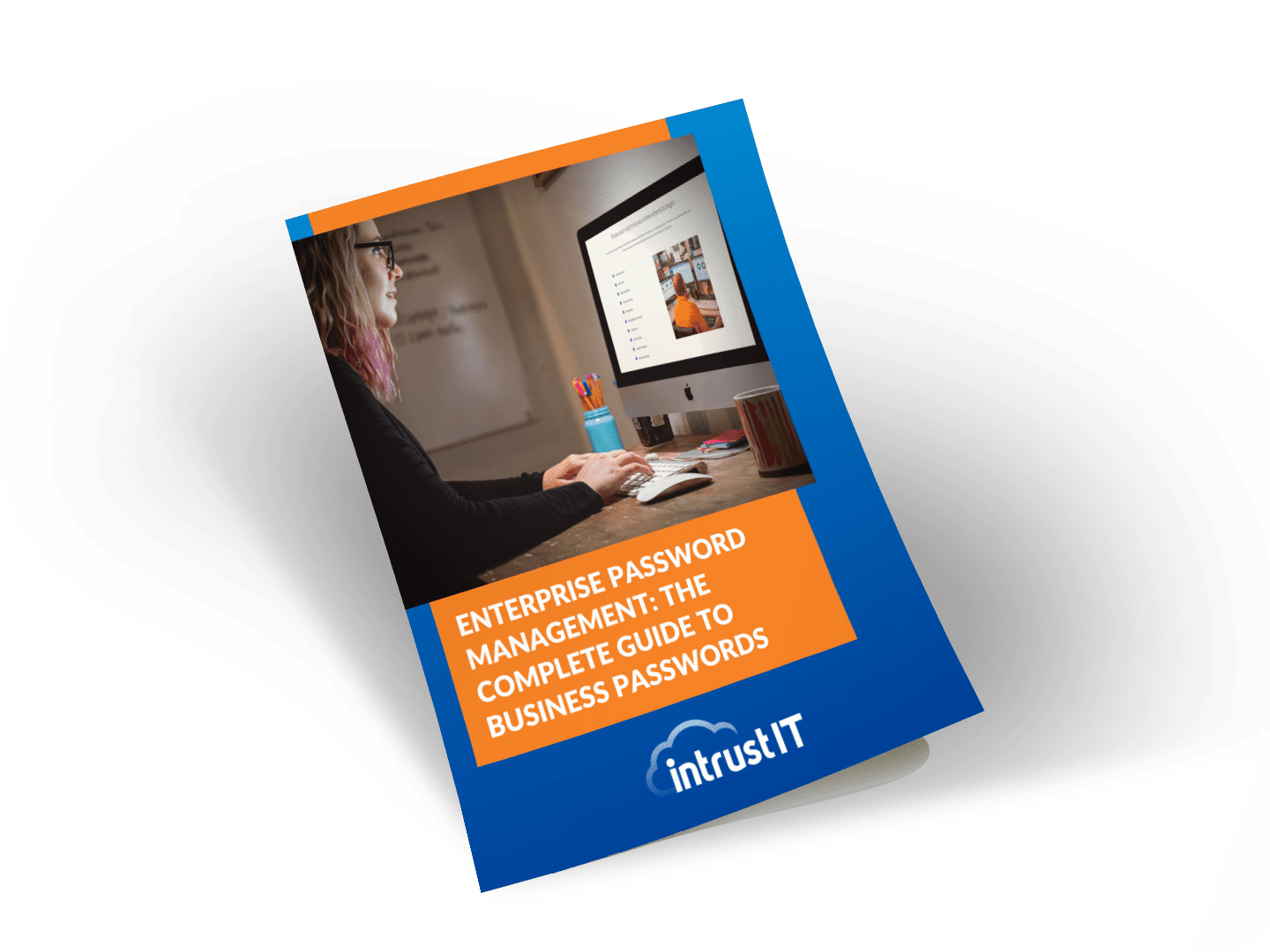
Is Your Name or Birthday a Part of Your Password?
If so, you’re a part of the 59 percent of people who don’t follow proper password hygiene. More than 70 percent of passwords are used for more than one system, meaning if cybercriminals crack one, they can access a lot more accounts.
Our free Enterprise Password Management Guide will give you the best password hygiene practices to help you secure your computer and your business.
Download the Guide
Explore the Latest Trends in IT
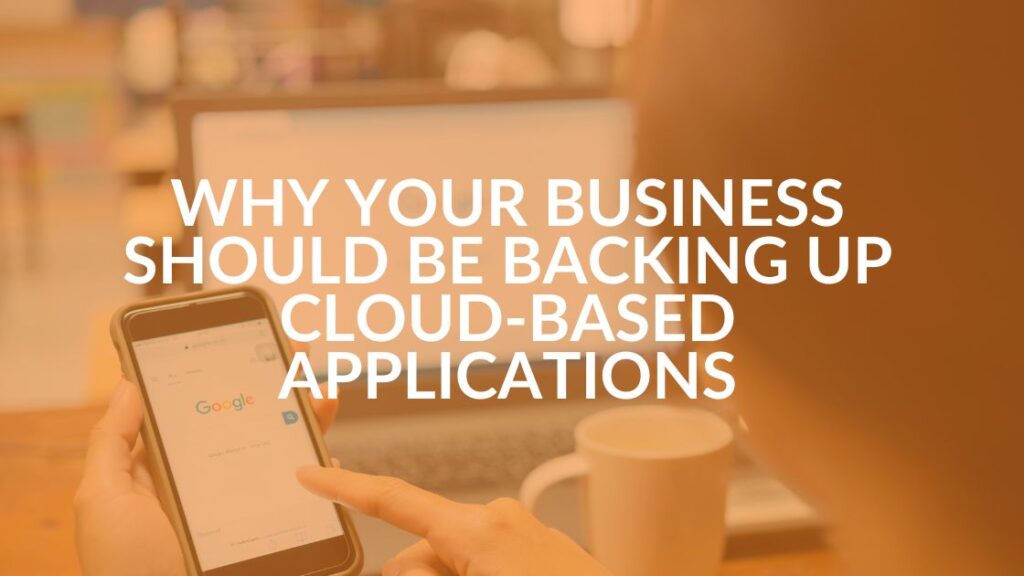
Microsoft 365 and Google Workspace: The Importance of Backing Up Your Cloud-Based Applications
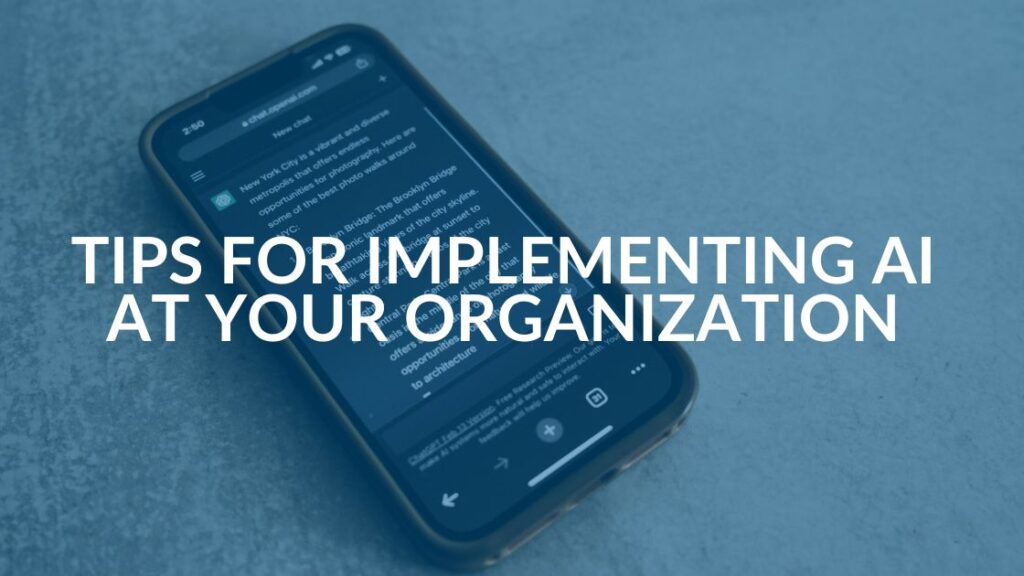
AI Guiding Principles
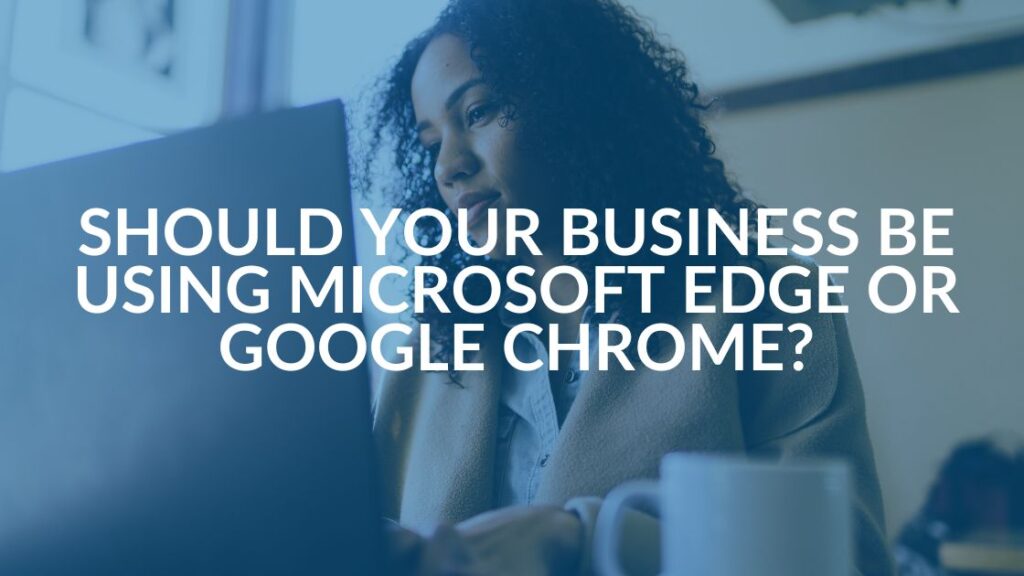
Edge vs Chrome Security: Which Is the Best Browser for Your Business?
